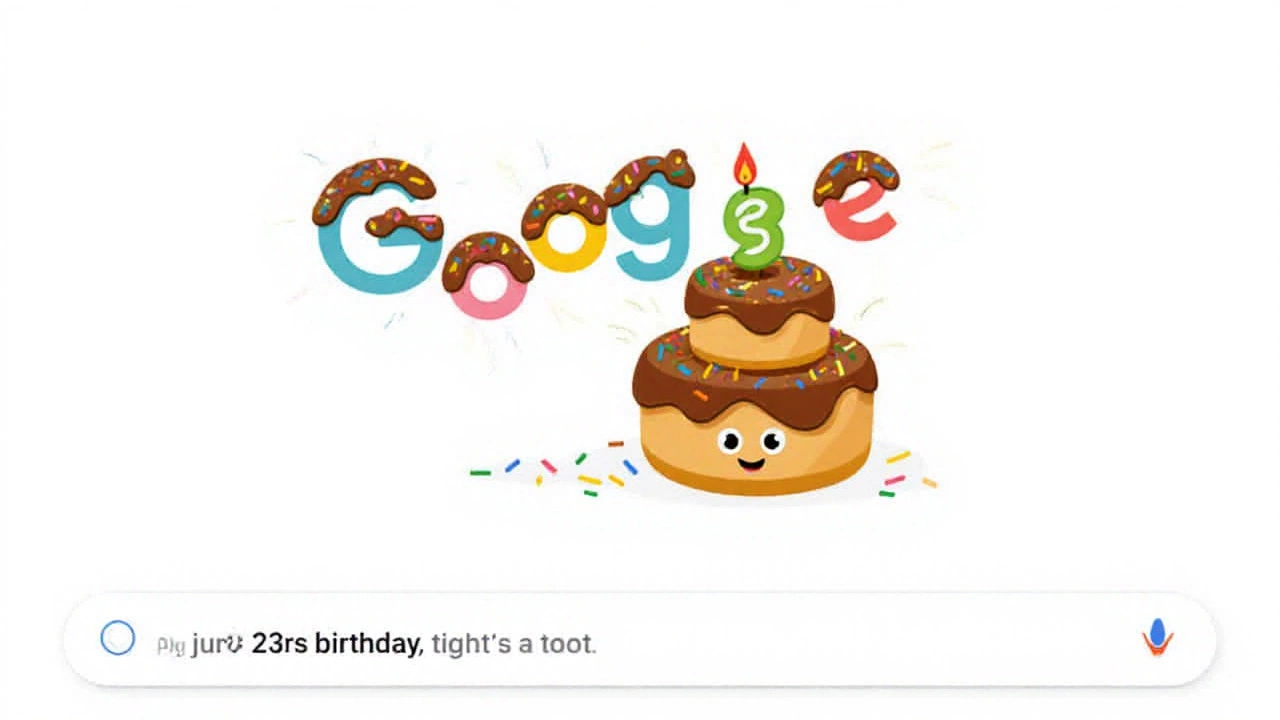Google History: From a College Garage to the Biggest Search Engine on Earth
Ever wondered how a simple search bar became a household name? In 1998, two Ph.D. students, Larry Page and Sergey Brin, turned a research project called "Backrub" into Google. They set up a modest office in a garage in Menlo Park and launched a search engine that ranked pages by links. That core idea still powers most searches today.
Google’s first big win was the PageRank algorithm. It measured a page’s importance by the number and quality of links pointing to it. This made results more relevant than anything else on the web at the time. Users quickly switched from older search tools, and the company’s traffic exploded.
The Rapid Expansion Years (2000‑2010)
By 2000, Google moved into its first real office—the famed Googleplex. The next few years saw a flood of new services: Gmail (2004) offered a gigabyte of free storage, a massive leap then; Google Maps (2005) let people see street views; and Android (2008) entered the mobile arena. Each product broadened Google’s reach beyond just search.
In 2004, Google went public with an auction-style IPO that raised $1.67 billion. The stock price jumped, turning many early employees into millionaires overnight. The influx of cash let Google buy promising companies, like YouTube in 2006, which later became the world’s top video platform.
Rebranding and New Frontiers (2011‑Present)
2015 marked a structural shift: Google reorganized under a new parent company, Alphabet Inc. This move let the core search business focus on its strengths while allowing other ventures—like Waymo (self‑driving cars) and Verily (health tech)—to grow independently.
Artificial intelligence has been the engine of recent growth. Google Assistant, launched in 2016, uses AI to understand voice commands. The AI‑powered search updates in 2018 made results smarter, showing direct answers and rich snippets without clicking a link.
Today, Google processes over 3.5 billion searches per day. Its data centers span the globe, and the company invests heavily in renewable energy to power the massive infrastructure. From ads to cloud services, Google now earns revenue from many streams, but search remains the beating heart.What makes Google’s story special is its blend of bold ideas and relentless execution. The company keeps testing new products—like the recent AI‑driven Google Lens—while constantly tweaking the search algorithm to fight spam and improve relevance. Even after more than two decades, the mission stays the same: organize the world’s information and make it universally accessible.
If you’re curious about the next chapter, keep an eye on Google’s experiments in quantum computing and augmented reality. Whatever the future holds, the company’s humble garage beginnings remind us that big change often starts with a simple idea and a lot of determination.
Google 23rd Birthday: The Chocolate Cake Doodle That Sweetened the Web
On September 27, 2021 Google marked its 23rd birthday with a playful animated doodle of a chocolate cake. The doodle, sprinkles and all, highlighted the company's humble dorm‑room origins and its growth under CEO Sundar Pichai. Special promos in Europe and a flurry of social‑media posts added to the celebration, reinforcing Google’s place as a global tech icon.
learn more